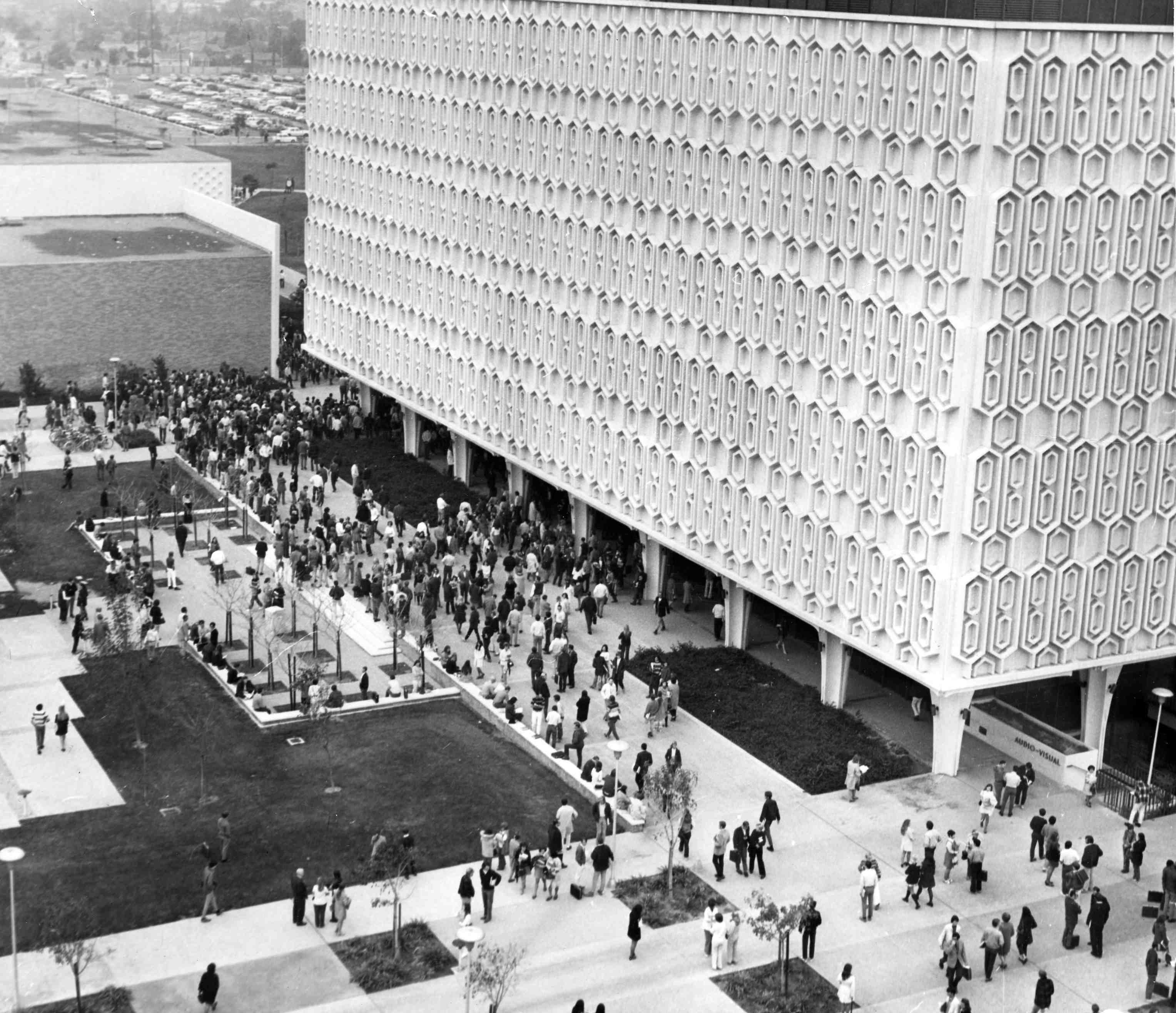-
History Department Academic Initiatives
-
Contexualizing Racial Inequality
View "Contextualizing Discussions of Contemporary Racism & Inequality"
REFLECTIONS ON THE PRESENT FROM THOSE WHO STUDY THE PAST
As U.S. focused historians committed to research and teaching that complicates and enriches current conversations about slavery, racism and racial identity, civil rights activism, policing, and public commemoration, we recommend these books, articles, films, documentaries, exhibits, projects, and primary materials.
This list of sources is neither exhaustive nor conclusive, but a sample of meaningful works in the field. As a department, we plan to continue to use the strengths of our discipline to engage with difficult questions of inequality and racism in our classrooms and beyond.

-
CSUF's Digital Humanities Initiative
The digital humanities initiative launched in 2015 with the appointment of two new faculty in the Department of History to specifically advance curriculum in digital humanities and new media in history.
Since then, the initiative has floursished under the leadership of Dr. Jamila Moore Pewu to include: a long running Digital History Colloquium series and Keynote address; several grant funded digital public humanities projects, multiple cohorts of graduate students pursuing fully digital MA projects; two new courses in digital humanities theory and practice, and successful collaborations with CSUF's digital literacy librarian Colleen Robledo Greene, and other faculty and library staff.
Visit the CSUF Digital Humanities Initiative Website
-
Spanish Civil War Public History
HIST 435C The Spanish Civil War is a public history course created by Dr. Aitana Guia that takes the extensive primary sources of the Cameron Stewart Collection at Pollak Library out of the classroom. Cameron Stewart was a professor who researched the Abraham Lincoln Brigade, the American contingent of the International Brigades.
Begininng in 2018, students from this course have created and posted several projects centered on their coursework. In Spring 2020, HIST 435C researched and designed a virtual exhibit that has evolved into an annual “Spain Ablaze: Americans Fighting for Freedom in the Spanish Civil War 1936-39”exhibit and is now displayed in a phsyical exhibit in the Pollak Library.
Visit the Spanish Civil War Public History Project Website

Center for Oral & Public History
Established in 1968, the Lawrence de Graaf Center for Oral and Public History is a teaching, training, research, publication, and public service archive located at CSU Fullerton's Pollak Library. It contains more than 6,000 oral histories covering a wide range of people and topics from California and beyond.

Resources at the Pollak Library
The Pollak Library at California State University, Fullerton serves over 37,000 students and 2,100 full- and part-time faculty members. The Library has also provided a dedicated page to find all resources related to History including Databases, Newspapers, Blog Posts, and much more.

